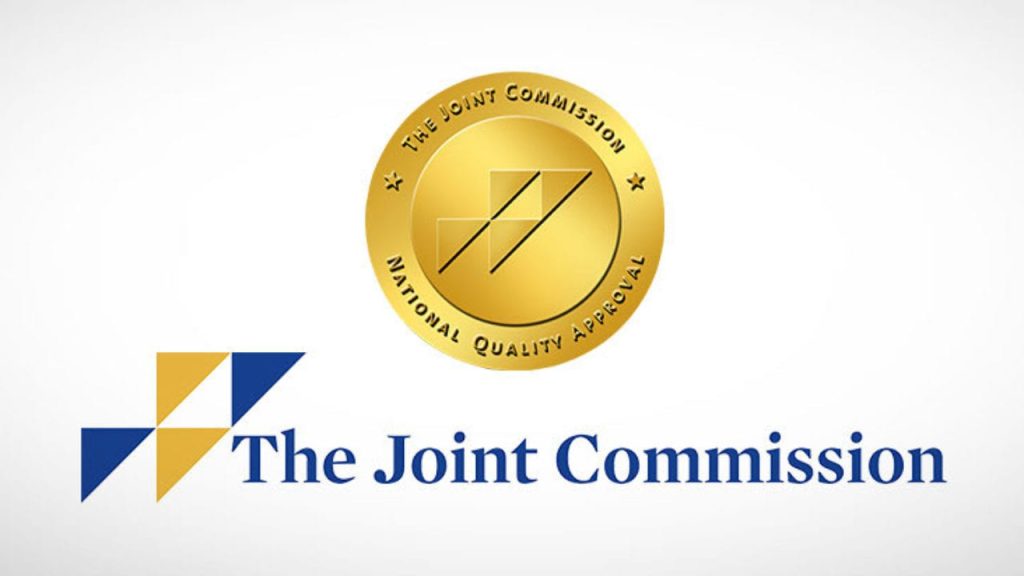In today’s fast-paced and ever-changing healthcare industry, medical accreditation services has become an essential part of any healthcare facility’s success. Accreditation ensures that a facility is meeting the highest standards of care and compliance, leading to improved patient outcomes and increased revenue.
In this guide, we will provide you with an overview of medical accreditation services, including the benefits and types of accreditation, as well as tips on choosing the right medical accreditation company for your facility.
What is Medical Accreditation?
Medical accreditation services are third-party organizations that evaluate and certify healthcare facilities based on a set of standards and criteria. These standards and criteria are developed by industry experts and are designed to ensure that healthcare facilities are providing safe and high-quality care to their patients.
Accreditation is also important for healthcare facilities because it can help to improve patient outcomes, increase patient satisfaction, and reduce liability.
Benefits of Medical Accreditation Services

Medical accreditation services offer several benefits to healthcare facilities, including:
- Improved Patient Outcomes: Accreditation ensures that healthcare facilities are providing safe and effective care to their patients, leading to improved patient outcomes.
- Increased Patient Satisfaction: Patients are more likely to be satisfied with their care when they know that their healthcare facility is accredited.
- Reduced Liability: Accreditation can help to reduce liability for healthcare facilities by ensuring that they are meeting the highest standards of care and compliance.
- Improved Revenue: Accreditation can help to improve revenue for healthcare facilities by attracting more patients and increasing reimbursement rates from insurance companies.
Types of Medical Accreditation
There are several types of medical accreditation, each with its own set of standards and criteria. The most common types of medical accreditation include:
-
Joint Commission Accreditation

The Joint Commission is the largest accrediting body for healthcare facilities in the United States. They evaluate healthcare facilities based on a set of standards that are designed to improve patient safety and quality of care.
-
Accreditation Association for Ambulatory Health Care (AAAHC)

The AAAHC accredits ambulatory healthcare facilities, including outpatient surgery centers and clinics. They evaluate facilities based on a set of standards that are designed to ensure safe and high-quality care.
-
National Committee for Quality Assurance (NCQA)

The NCQA accredits healthcare plans and providers, including health insurance companies and medical groups. They evaluate facilities based on a set of standards that are designed to improve the quality of care and patient outcomes.
The Role of a Medical Billing Company in Medical Accreditation

Medical accreditation services are essential for healthcare providers to maintain the highest standards of patient care and safety. Accreditation serves as an independent, objective assessment of a healthcare organization’s operations, policies, and practices. It provides validation that the organization meets the stringent requirements set forth by accrediting bodies and demonstrates a commitment to quality improvement.
Medical billing companies play a crucial role in the medical accreditation process. They are responsible for managing the revenue cycle of healthcare providers, which includes everything from submitting claims to insurance companies to collecting payments from patients. As such, they are intimately involved in the financial and operational aspects of a healthcare organization.
One of the most critical areas in which medical billing companies can support the accreditation process is compliance. Accrediting bodies require healthcare organizations to meet certain regulatory and compliance standards, such as HIPAA, OSHA, and CMS guidelines. Medical billing companies can help healthcare providers ensure that their billing practices are in compliance with these regulations and provide the necessary documentation to support the accreditation process.
Choosing the Right Medical Accreditation Company

Choosing the right medical accreditation company is essential for healthcare facilities that want to achieve accreditation. Here are some tips to help you choose the right medical accreditation company for your facility:
-
Determine Your Accreditation Needs:
Before you start your search for a medical accreditation company, you should determine your facility’s accreditation needs. Consider the type of healthcare services you provide and the type of accreditation that is most appropriate for your facility.
-
Research Accreditation Companies:
Once you have determined your accreditation needs, you can start researching medical accreditation companies. Look for companies that have experience working with healthcare facilities similar to yours and that have a good reputation in the industry.
-
Review Accreditation Standards:
Before you choose a medical accreditation company, you should review the standards and criteria that they use to evaluate healthcare facilities. Make sure that these standards are aligned with your facility’s values and goals.
-
Consider Accreditation Costs:
Accreditation can be costly, so it’s important to consider the costs associated with each accreditation company. Look for a company that offers affordable accreditation services without sacrificing quality.
-
Ask for References:
Finally, before you choose a medical accreditation company, ask for references from other healthcare facilities that have worked with them. This will give you an idea of their track record and the quality of their services.
Tips for Choosing Right Medical Accreditation Services

Here are some tips for choosing the right medical accreditation service for your facility:
- Research Accrediting Bodies: Research the accrediting bodies that align with your facility’s mission, values, and goals. Determine the accrediting body’s reputation, history, and reviews from other healthcare facilities.
- Consider Accrediting Body Criteria: Consider the accrediting body’s criteria and ensure they align with your facility’s mission, values, and goals. Ensure the criteria are clear, measurable, and achievable.
- Evaluate Costs: Evaluate the cost of accreditation services and ensure they align with your facility’s budget. Determine the value of the accreditation service and the benefits it can offer to your facility and patients.
- Plan for the Accreditation Process: Plan for the accreditation process and ensure you have the resources and support needed to complete the process successfully. Consider the timeframe required for accreditation and ensure that you have enough time to prepare for the accreditation review.
- Get Input from Staff and Patients: Involve your staff and patients in the decision-making process. They can provide valuable insights into the quality and safety of your facility and help identify areas that need improvement.
- Seek Accreditation Consulting Services: Accreditation consulting services can help guide you through the accreditation process and ensure that you meet all the requirements for accreditation. Consider seeking consulting services to ensure a successful accreditation process.
Common Challenges and Pitfalls in the Accreditation Process

The accreditation process for healthcare facilities can be challenging and time-consuming, with various obstacles along the way. One of the most significant challenges is meeting the accreditation criteria, which can be rigorous and comprehensive. Medical billing companies that work with healthcare facilities understand these challenges and can help navigate the accreditation process by providing support and guidance throughout the process.
Healthcare facilities may also struggle to allocate the necessary resources, including staff time and financial resources. These challenges can lead to delays or incomplete compliance with accreditation criteria.
To overcome these obstacles, healthcare facilities should carefully review the accreditation criteria and create a plan for meeting each requirement.
Conclusion
In conclusion, medical accreditation is a critical aspect of healthcare facilities that ensures patients receive high-quality care and services. Healthcare facilities must strive to meet the accreditation criteria set by accrediting organizations to demonstrate their commitment to patient safety and quality care.
By achieving accreditation, healthcare facilities can demonstrate their commitment to providing high-quality care and services to their patients. Healthcare facilities must prioritize the accreditation process to continue providing excellent care and services to their patients while also complying with the latest healthcare standards and regulations.
Click here to read more…
 Posting Point
Posting Point

